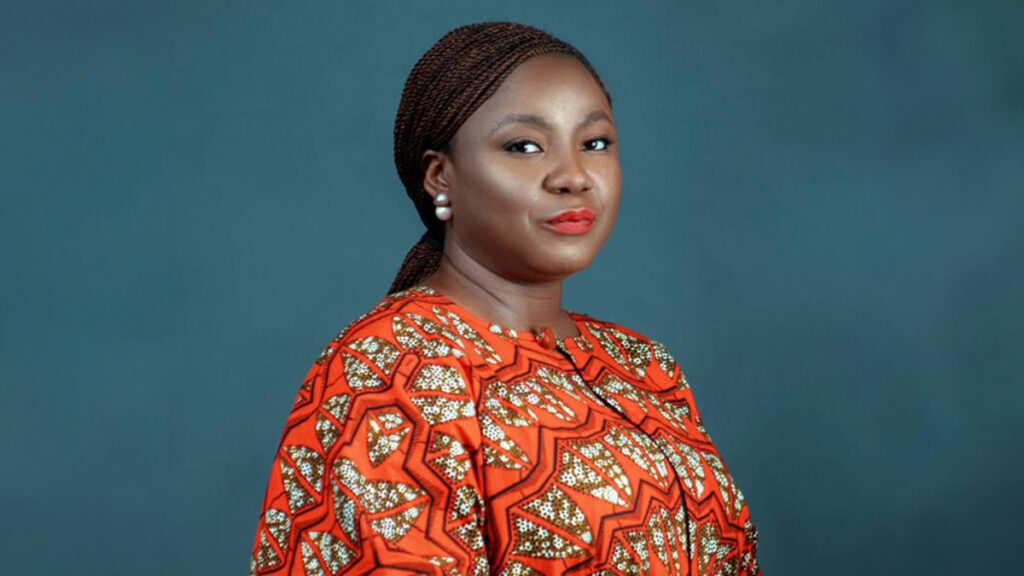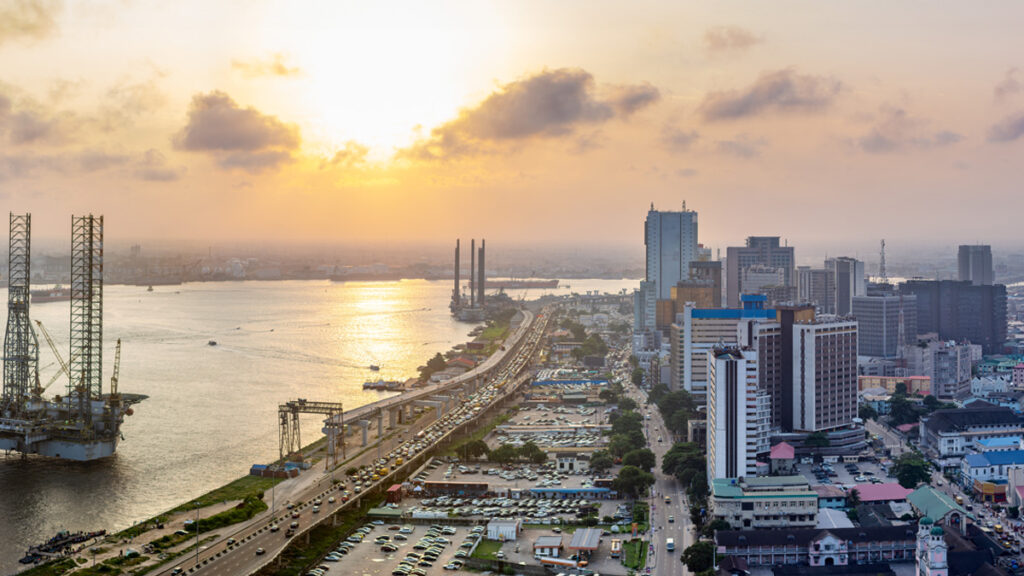Meet the business leader helping companies expand to Africa
Bolaji Sofoluwe is a firm believer in the power of the continent to deliver prosperity for ambitious companies and local economies

For much of the late 20th century, the perception of Africa has been given over to scenes of civil war, instability and poverty. And while those images may have some truth in them, there is so much more to the continent.
Africa is home to about 1.4 billion people, has a GDP of $8.86trn (£7.09trn) based on purchasing power parity, and an estimated annual GDP growth rate of 3.7 per cent in 2023. It is the second-largest continent, almost three times bigger than Europe, and is made up of more than 50 countries with in excess of 2,000 languages spoken. Such size and complexity comes with challenges, but it’s worth paying attention to the potential of the region as a whole.
To help with that, there is ETK Group. Since 2010 the company has delivered projects in 34 African markets for 200 clients and participated in deals worth more than $1bn (£785m).
Its managing director, Bolaji Sofoluwe, is a growth expert at Oxford University’s Saïd Business School on the Goldman Sachs 10,000 Small Businesses programme, which helps growing enterprises reach –and even exceed – their growth ambitions. Sofoluwe was born in Birmingham but moved to Nigeria aged seven with her parents. She stayed in the West African country, completing a French language and linguistics degree at the University of Calabar.
After working in the banking sector in Africa, she joined Halifax in the UK in a secured collections role, which sparked an interest in risk management. Two years later, she left the banking world and returned to Nigeria to work in the Niger Delta, an area historically plagued by conflict.
The project involved consulting on international oil companies coming together to help set up local businesses. It included 15,000 firms, ranging from one-man-band bricklayers to hospitality managers. Sofoluwe helped to run a similar project in Côte d’Ivoire before moving back to the UK.

She focused her skills on helping businesses leverage the opportunities in Africa and began working privately with a client from the Niger Delta living in England to set up a poultry farm in Port Harcourt, Nigeria. The seeds for a new venture were sown.
“When we set up ETK in 2011, it wasn’t very popular to talk about Africa from a business perspective. Instead, everyone approached the country from the perspective of ‘let’s help those poor Africans’,” she recalls.
She continues: “While I agree that there are significant humanitarian and development issues, I also knew there were companies in Africa doing extremely well. So, I founded ETK to provide consultancy services for those looking at entering the continent in a commercial sense.”
The African economy is full of potential. On the consumer side, expenditure is predicted to reach $2.1trn (£1.6trn) by 2025 and $2.5trn (£2trn) by 2030. The continent raised an estimated $5bn (£4bn) in start-up funding in 2023. It is also rich in raw materials: the Democratic Republic of the Congo has almost half the world’s cobalt, while South Africa is the world’s largest producer of manganese, which improves the performance of batteries in electric vehicles.
ETK initially offered nine services but found that there were four key areas where businesses needed help. “The first one is companies that want to sell,” says Sofoluwe. “They’re looking for distributors, agents or partners in the market that would sell or distribute their products locally. The second is companies that are looking to establish local offices, hiring staff and operating in the local market.”
The third is companies that want an agent in a country. She explains: “Somebody who is on their payroll and represents them in the market.”
The final area – organisations that are looking to acquire a stake in a local business – is close to Sofoluwe’s heart as it creates jobs and brings in much-needed foreign direct investment. “These clients don’t want to reinvent the wheel, but they do want to bring their expertise and knowledge of the industry in some innovation to a local African partner.”
While Africa is firmly on the radar of several FTSE 250 companies, Sofoluwe believes that medium-sized organisations have just as much to gain from expanding into the continent, whatever market or industry they operate in. ETK is sector-agnostic but has found that many clients operate in agriculture, aviation, FMCG, engineering and construction. Another way ETK aims to boost the African economy is by working with companies based on the continent to prepare for international acquisition.

“We’ve developed a product where we can create a company that’s very close to a perfect fit for the acquirer,” says Sofoluwe. “We ensure that they have the correct governance in place; it goes past mere due diligence.”
This includes working on frameworks such as organisational capacity development and environmental, social and governance (ESG). The latter is a particular sticking point in Africa, where the development of ESG frameworks lags behind other countries.
“Someone once said to me that there’s no word for sustainability in Swahili,” she says laughing. “However, we include it in the framework we provide to comply with multinational companies that are required to report on these issues.”
She continues: “It is also about ensuring that deals go through, especially when we know it is going to benefit not just the local economy but the promoters of that business, too. I do feel like that is the path towards sustainable development here. We need to be scaling up existing businesses so they can thrive and employ more people. That is a real focus for me.”
Sofoluwe has a simple message for those running businesses in the UK: get ambitious. “One of the key features I have seen over the years in high-growth businesses that are resilient and that can stand the test of time is the fact that they are eager for market development,” she says. “So, don’t stay in your comfort zone; think outside the box, look at different markets and identify new opportunities.”
For those firms considering an African expansion, there is plenty of support in the UK. Businesses can, for example, join the UK Export Academy, which offers free training for those exporting overseas for the first time for everyone from chief executives to research analysts. It complements Sofoluwe’s main advice to be more ambitious when it comes to expansion and look beyond the obvious routes.
The African market may be complex, with each country having its own customs and ways of working, but it has enormous potential. Starting a dialogue could be the perfect starting point for a company wanting to break from the norm and go against the grain.

